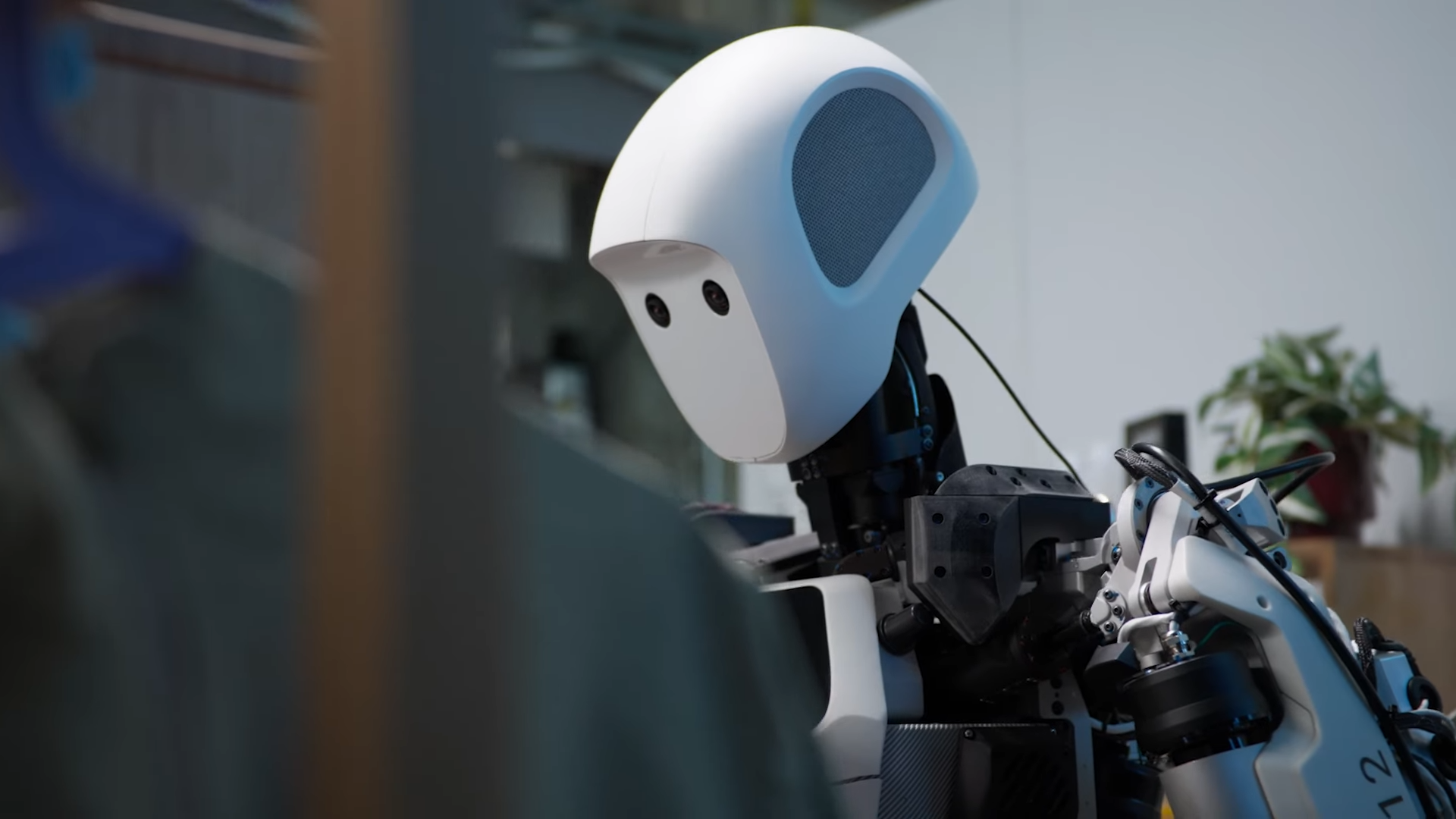Google Deepmind taps Boston Dynamics' former CTO to build the 'Android' of robots

Google Deepmind is taking another major step toward turning its Gemini AI model into a universal robotics control platform.
The company has hired Aaron Saunders, the former Chief Technology Officer of Boston Dynamics, as Vice President of Hardware Engineering—a move that strengthens its hardware expertise as it aims to make Gemini the "brain" for physical robots.
Saunders played a key role in developing Boston Dynamics' iconic robot lineup, including the backflipping Atlas and the dog-like Spot. He first led engineering teams as VP in 2018 and was promoted to CTO in 2021, overseeing all technical developments at the company.
Gemini as a universal robotics platform
Deepmind CEO Demis Hassabis said in an interview with WIRED that he envisions Gemini as a software layer for robotics, much like Google's Android became the foundation for smartphones.
“You can sort of think of it as a bit like an Android play,” Hassabis explained. “We want to build an AI system, a Gemini base, that can work almost out-of-the-box across any body configuration. Obviously humanoids, but non-humanoids too.”
Gemini’s multimodal architecture allows it to process text, images, audio, and video, which could make it especially suited to guiding robots through complex environments.
Deepmind’s growing robotics portfolio
Deepmind’s robotics research stretches back years and includes foundational projects like RT-1 and RT-2—AI models designed to help robots learn from human demonstrations and generalize across tasks. In September, the company introduced Gemini Robotics 1.5 and Gemini Robotics-ER 1.5, twin systems that pair AI control with real-world robotic hardware.
As global interest in humanoid machines accelerates, Deepmind is ramping up efforts to connect its models more directly with robotic platforms. Hassabis predicts a major breakthrough in AI-driven robotics “in the next couple of years.”
The humanoid race heats up
Deepmind isn’t the only player chasing this goal. US startups like Agility Robotics, Figure AI, and 1X, along with Tesla, are all investing heavily in humanoid systems. Elon Musk has announced plans to produce one million units of his humanoid robot Optimus within the next decade.
Meanwhile, Nvidia is positioning itself at the core of the robotics ecosystem with specialized hardware and AI models like GR00T and GR00T-Dreams, which aim to train robots through simulation and video understanding.
AI News Without the Hype – Curated by Humans
As a THE DECODER subscriber, you get ad-free reading, our weekly AI newsletter, the exclusive "AI Radar" Frontier Report 6× per year, access to comments, and our complete archive.
Subscribe nowAI news without the hype
Curated by humans.
- Over 20 percent launch discount.
- Read without distractions – no Google ads.
- Access to comments and community discussions.
- Weekly AI newsletter.
- 6 times a year: “AI Radar” – deep dives on key AI topics.
- Up to 25 % off on KI Pro online events.
- Access to our full ten-year archive.
- Get the latest AI news from The Decoder.